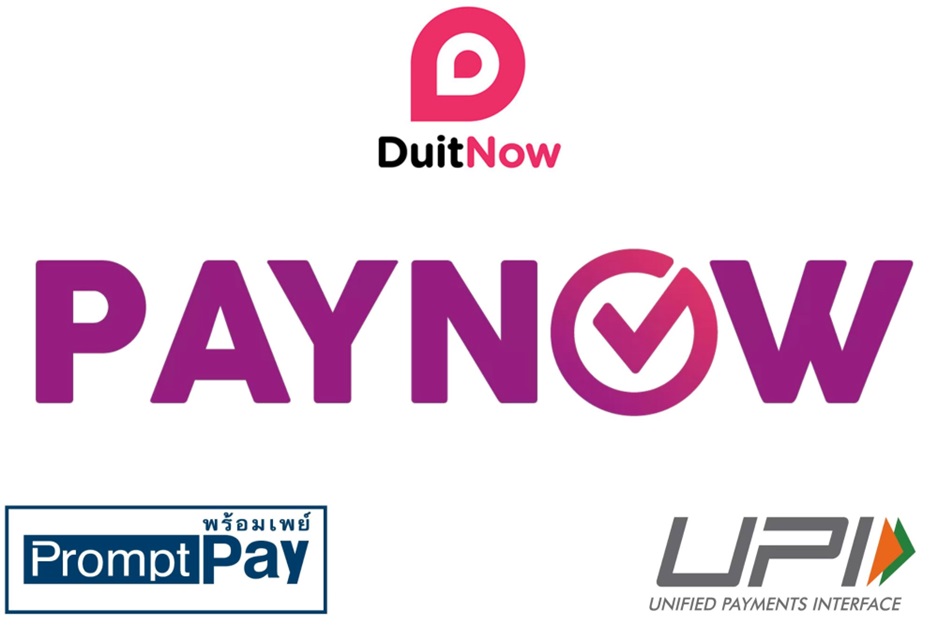
Singaporeans have been able to make overseas PayNow transfers for some time now to Malaysia due to PayNow linking up with DuitNow (Malaysia), PromptPay (Thailand) and UPI (India).
However, before you rejoice, this process is not straightforward (for now at least). Not all PayNow users can make transactions to DuitNow, PromptPay and UPI users. Conversely, not all DuitNow, PromptPay and UPI users can make transactions to PayNow users. Some users may find that they can only receive money, and some users can only scan QR codes to pay merchants.
Here’s a guide to using PayNow for overseas transactions.
Malaysia – PayNow X DuitNow
Participating entities:
| Singapore (PayNow) | Malaysia (DuitNow) |
| LiquidPay | CIMB Bank Berhad |
| Maybank | Maybank Malaysia |
| OCBC Bank (DuitNow QR Only) | Touch ‘n Go Digital |
| UOB (DuitNow QR Only) |
Note that OCBC Bank and UOB will only be able to scan QR codes to pay merchants using DuitNow QR in Malaysia. OCBC and UOB users will not be able to generate their own QR code to receive payment, nor can they pay non-merchant DuitNow users via QR code.
For DuitNow QR, only merchants who are users of the following entities can receive payment from PayNow users:
- Public Bank
- Razer Merchant Services
- UOB
- Touch ‘n Go E-wallet
- Boost
- AmBank
- Maybank Malaysia
- Hong Leong Bank
Check if the recipients’ logo is displayed below the QR code to ensure that they can receive money from PayNow.

Source: OCBC Website
For normal PayNow remittance, only users of the following banks can receive payment from PayNow:
Transaction Fees: Waived (for now)
Transaction Limit: S$1000 or RM3000 per day.
Read More: Complete Guide To Multi-Currency Accounts And Wallets In Singapore [YouTrip, Revolut, Wise, DBS My Account, UOB Mighty FX And More]
Thailand – PayNow X PromptPay
PayNow and PromptPay users can transfer money to each other using just the mobile number of the receipient. Additionally, PayNow users can scan PromptPay QR to make payments in Thailand, so long as the PromptPay QR is compatible with one of the 5 participating banks listed below.
Participating entities:
| Singapore | Thailand |
| DBS Bank | Bank of Ayudhya Public Company Limited (Krungsri) |
| OCBC Bank | Bangkok Bank Public Company Limited (BBL) |
| UOB | Kasikornbank Public Company Limited (KBank) |
| Krung Thai Bank Public Company Limited (KTB) | |
| The Siam Commercial Bank PCL (SCB) |
While not clearly stated on all the Thai bank websites, it seems like PromptPay users have to pay a THB150 fee per transaction to PayNow users, whereas PayNow does not charge a fee at this time for transactions to PromptPay users.
Transaction Fees: THB150 per transaction for PromptPay to PayNow transactions.
Transaction Limit: S$1000 or THB25,000 per day.
Read More: Step-By-Step Guide To Getting A Revolut Card For Your Travels, Overseas Money Transfers And Foreign Currency Spends
India – PayNow X UPI
Participating entities:
| Singapore | India |
| DBS Bank | Axis Bank |
| LiquidPay | DBS India |
| ICICI Bank | |
| Indian Bank | |
| Indian Overseas Bank |
Transaction Fee: Waived (for now)
Transaction Limit: S$1000 or ₹60,000 per day.
Read More: How To Send Money Overseas For Your Foreign Domestic Worker, Without Unnecessary Costs And Effort, Via Wise
Still Work In Progress
Aside from transfers from PromptPay to PayNow, all other PayNow transactions between DuitNow, PromptPay and UPI users are free at time of writing, though this may change in the future.
Since users have to figure out if both sending and receiving financial entities are compatible, making overseas PayNow transfers is not as straightforward as transferring money within Singapore.
However, supported transactions are free (aside from PromptPay to Paynow transactions), at least for now. This is an incentive for businesses in all four countries to accept payment via QR code, which hopefully means that it will be more widely available in the future.
Use Cases
While it will not be possible to rely mainly/solely on PayNow for travel to Malaysia/Thailand/India, overseas PayNow transactions are still useful for situations such as splitting the bill with locals in the destination country. Foreign workers can use this to remit money to their families, and travellers can use it to avoid carrying large sums of cash while travelling, since some transactions can be paid for using PayNow. Do note that PayNow uses the banks’ Forex rates, so rates will typically not be as good as a money changer.
Listen to our podcast, where we have in-depth discussions on finance topics that matter to you.


